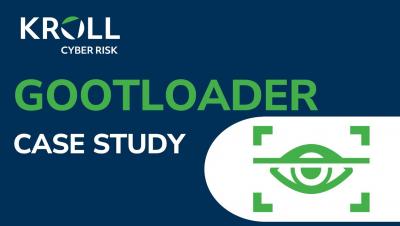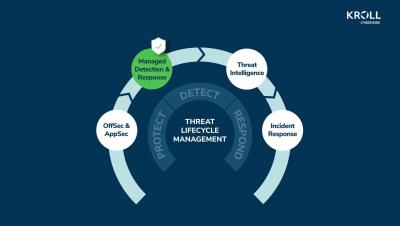Security | Threat Detection | Cyberattacks | DevSecOps | Compliance
June 2023
Deep Dive into GOOTLOADER Malware and Its Infection Chain
Kroll has analyzed incidents throughout Q1 2023 where drive-by compromise was the initial infection vector for GOOTLOADER malware. It is likely that the threat actors are utilizing SEO to drive individuals to either their own malicious website or to infected WordPress sites. These sites are then used to host documents that would be attractive to employees within the legal and professional services sectors.
Clop Ransomware Likely Sitting on MOVEit Transfer Vulnerability (CVE-2023-34362) Since 2021
NOTE: The MOVEit Transfer vulnerability remains under active exploitation, and Kroll experts are investigating. Expect frequent updates to the Kroll Cyber Risk blog as our team uncovers more details. On June 5, 2023, the Clop ransomware group publicly claimed responsibility for exploitation of a zero-day vulnerability in the MOVEit Transfer secure file transfer web application (CVE-2023-34362).
Responding to the Critical MOVEit Transfer Vulnerability (CVE-2023-34362)
On May 31, 2023, Kroll received multiple reports that a zero-day vulnerability in MOVEit Transfer was being actively exploited to gain access to MOVEit servers. Kroll has observed threat actors using this vulnerability to upload a web shell, exfiltrate data and initiate intrusion lifecycles. This vulnerability may also enable a threat actor to move laterally to other areas of the network.




